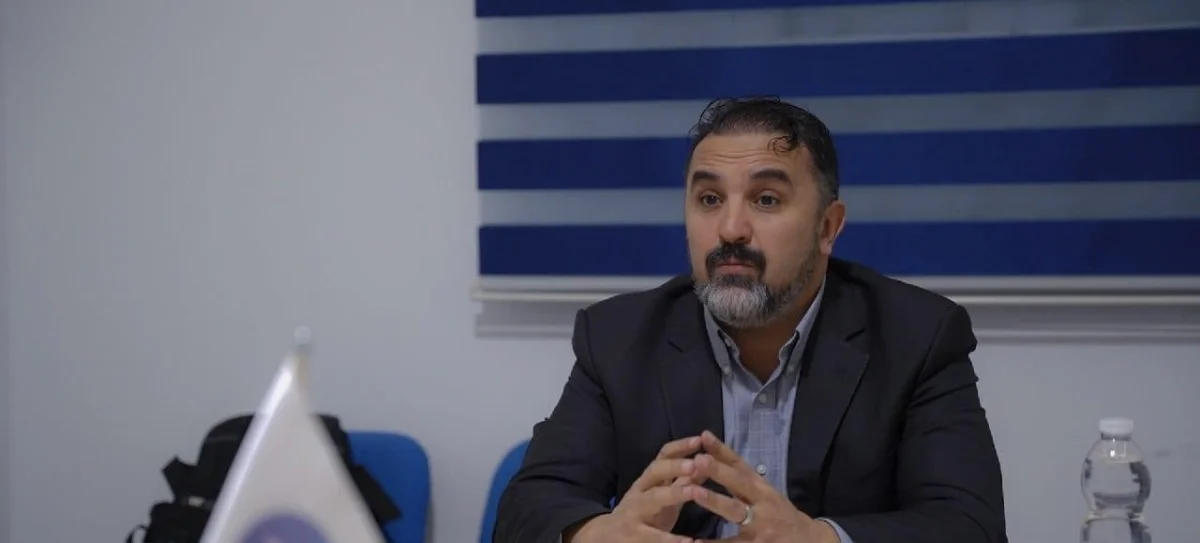Al-Dharat to Nova: “Uncertainty Regarding the Management of the Central Bank of Libya is Paralyzing the Economic System”

The Chairman of the Libyan Foreign Bank, Mohamed Al-Dharat, stated to Nova Agency that uncertainty surrounding the management of the Central Bank of Libya and a lack of trust in financial transactions have led to a paralysis in the economic system.
Al-Dharat emphasized that Libya has not been excluded from the SWIFT system (Society for Worldwide Interbank Financial Telecommunication), despite recent rumors. He noted that there are no specific conditions for entering or exiting the SWIFT system, which is a service provided to many banks, and confirmed that the Libyan Foreign Bank is still operational within this system.
He clarified that it is incorrect to speak of complete exclusion, stating that the SWIFT system functions like a network of email or phone messages; you can send messages, but if you don’t receive replies or transactions are not completed, they hold no value. The real issue lies not in the connection to SWIFT but in international banks’ willingness to respect transactions coming from Libya.
Al-Dharat added that many banks have halted their operations while awaiting thorough inspections, particularly due to uncertainty regarding the leadership of the Central Bank of Libya. He emphasized that the main issue revolves around transactions in U.S. dollars.
He pointed out a clarification from the U.S. Treasury, which confirmed that it would not recognize transactions related to the assets of the Central Bank of Libya, highlighting that while Libya is not completely isolated, financial difficulties continue to grow.
Al-Dharat mentioned that “the Libyan Foreign Bank is currently the only financial gateway for the country,” noting that consumer goods prices have significantly increased, with some products rising by up to 300%. He referenced the substantial rise in costs in the parallel market, where the Libyan currency has lost much of its value.
He stressed the severe impact of the crisis on business activities in the country, explaining that “traders and economic actors face difficulties; they are unable to conduct business or carry out their operations efficiently.” The uncertainty regarding the management of the Central Bank of Libya and the lack of trust in financial transactions have indeed paralyzed the economic system.
Al-Dharat warned that each day that passes without a solution exacerbates the situation, making it increasingly difficult to resolve the issue. He emphasized that prolonging the financial crisis is pushing the country toward economic collapse.
He concluded his statement by saying, “Something must change as soon as possible, or the situation will become unsustainable,” expressing hope for a resolution before conditions deteriorate further.



